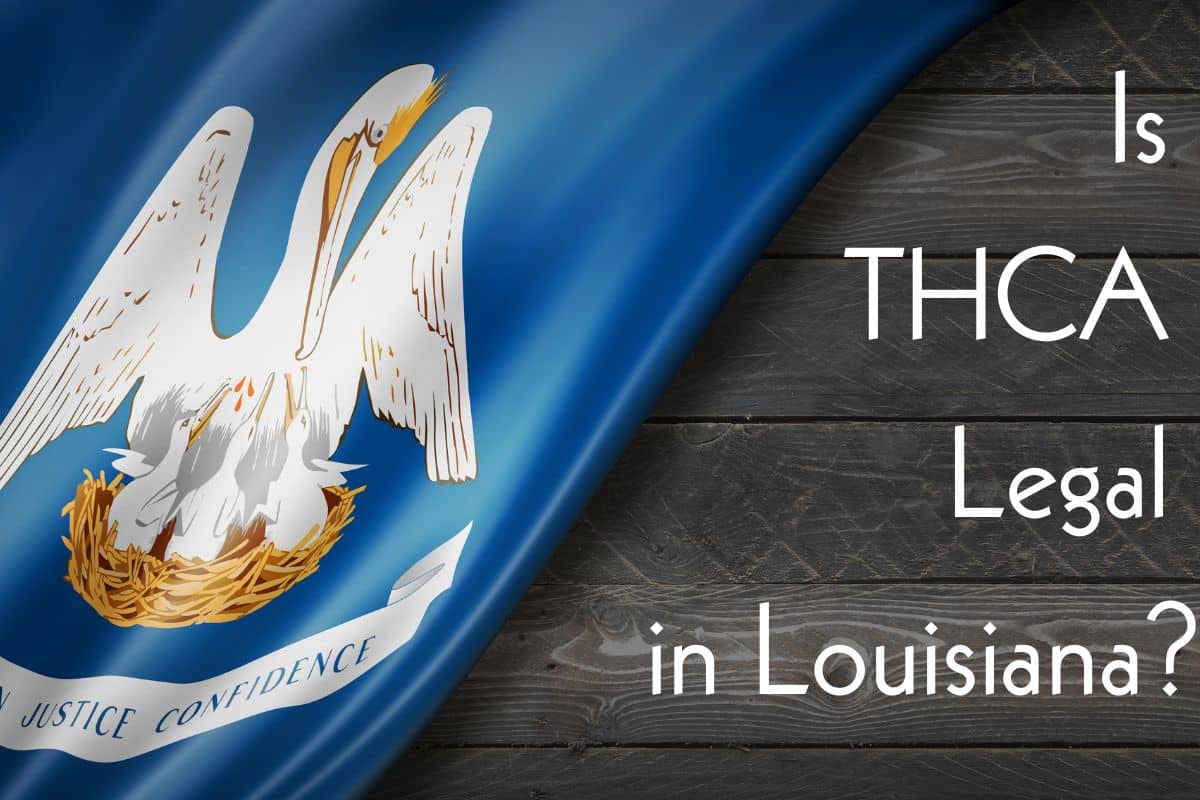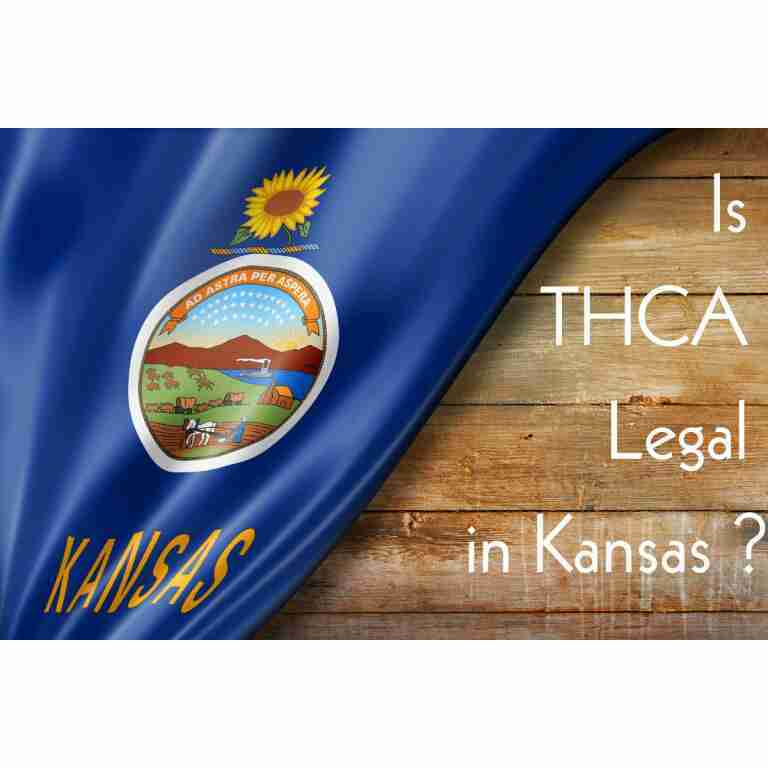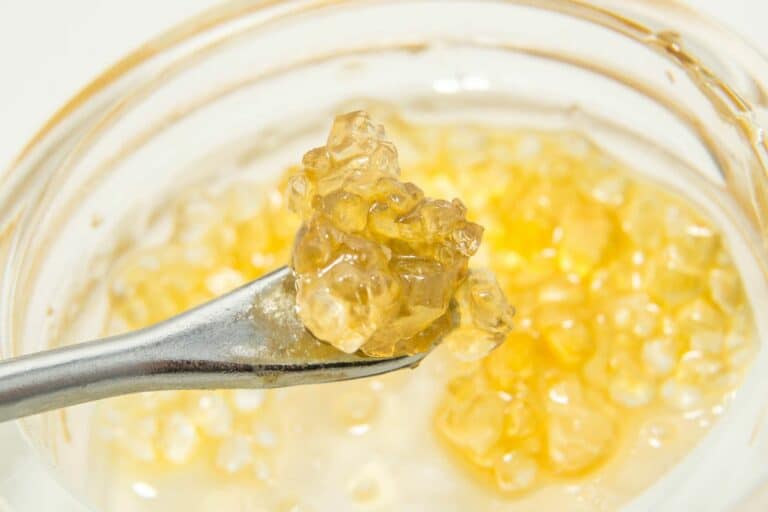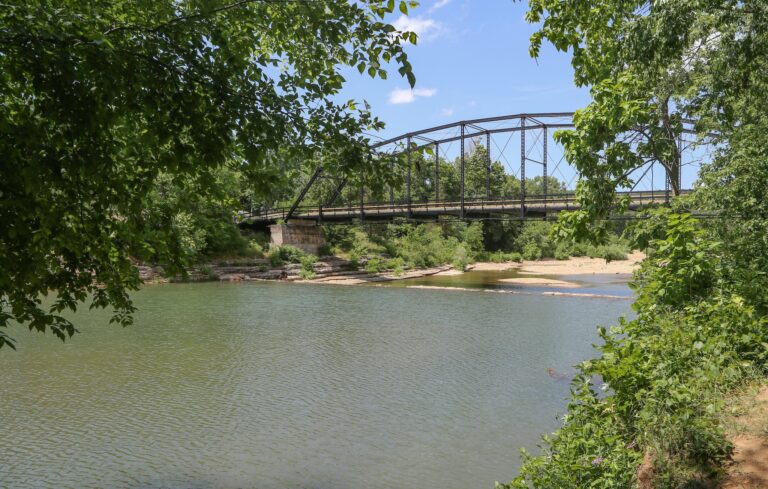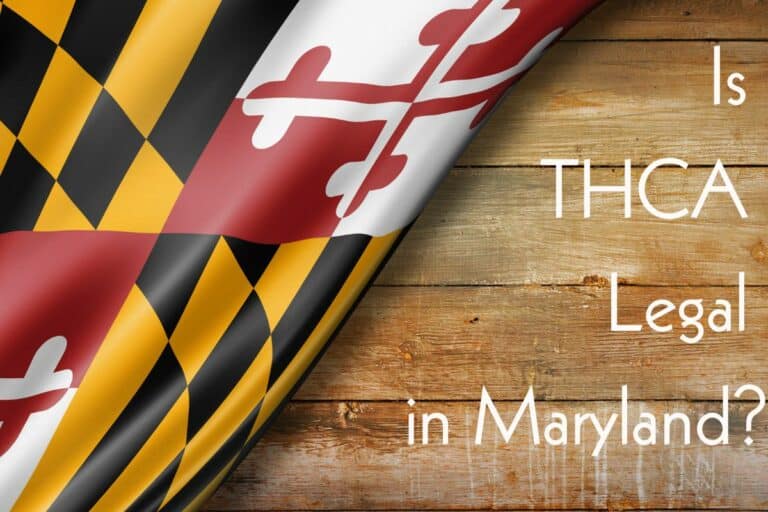Is THCa Legal in Louisiana? Understanding State Cannabis Regulations
Jump into Louisiana’s **marijuana rules** scene! Watch out for THCa, the cool cousin of THC that keeps you level but still packs a punch. Get the scoop at this link. Louisiana is mixing its cannabis laws, getting in line with others. Learn the dos and don’ts in the home of Mardi Gras and tasty gumbo. Why should you listen up? Knowing the ins and outs might spare you trouble later!
Your interest in the legality of THCa in Louisiana should account for the distinction between hemp and marijuana, which hinges on the concentration of THC. Due to the 2018 Farm Bill, hemp containing less than 0.3% THC on a dry weight basis has been federally descheduled, and this standard is reflected in Louisiana’s state regulations. While THCa itself is not psychoactive, the state’s legal framework might cover THCa’s potential to convert into THC, implicating its treatment under the law.
Understanding the nuances of cannabis law in Louisiana, you should also consider that even when a cannabis plant falls under the legal definition of hemp, its derivatives, including THCa, must comply with certain legal thresholds. The state’s Department of Agriculture and Forestry oversees the cultivation and production of hemp, thus ensuring that any hemp-derived products, potentially including those containing THCa, abide by Louisiana’s established legal guidelines for THC content.
Overview of Cannabis Laws in Louisiana
In navigating the landscape of cannabis laws in your country, understanding the interplay between federal guidelines and regulatory milestones is crucial.
Federal Cannabis Regulations and the Controlled Substances Act
Under the Controlled Substances Act (CSA), cannabis is classified as a Schedule I drug at the federal level, indicating it is regarded as having a high potential for abuse and no accepted medical use. Despite states enacting their own cannabis policies, this federal classification implicates that any possession, distribution, or cultivation of cannabis remains illegal under federal law.
The 2018 Farm Bill and Its Impact on Hemp and Hemp-Derived Products
The 2018 Farm Bill represents a significant shift in the legal status of hemp and hemp-derived products. This legislation differentiates hemp from other cannabis plants by setting a threshold for THC content: a plant with 0.3% or less THC on a dry weight basis is legally considered as hemp. Consequently, hemp plants and hemp-derived products meeting this criterion are no longer treated as controlled substances, unfurling opportunities for legal cultivation, and sale across the United States.
THCa and Its Legal Distinction from THC
Before diving into the specific details, you should understand that THCa is a non-psychoactive precursor to THC. What sets them apart are their chemical structure, effects on the human body, and legal interpretation under current laws.
Chemical Properties and Effects of THCa
Tetrahydrocannabinolic acid (THCa) is a cannabinoid found naturally in the cannabis plant. Unlike its well-known counterpart, delta-9-tetrahydrocannabinol (THC), THCa is not psychoactive and won’t produce the “high” associated with THC. Your body’s response to THCa can likely differ due to its different chemical structure, which only converts to psychoactive THC when decarboxylated (exposed to heat).
Psychoactive Vs. Non-Psychoactive Cannabinoids
While THC is notoriously recognized for its psychoactive effects, THCa remains non-psychoactive, meaning it does not affect your mind or mental processes in the way THC does. This stark difference significantly affects the legal stance on the two cannabinoids, with non-psychoactive cannabinoids typically facing less stringent regulations.
Legal Interpretation of Delta-9 THC and THCa
Legally, THC content is a key determinant between what’s classified as hemp (legal) versus marijuana (controlled substance). In many jurisdictions, cannabis plants with a delta-9 THC concentration of less than 0.3% are considered hemp. In contrast, THCa content is often not mentioned in this legal threshold, which can lead to discrepancies in legal interpretation from state to state. For instance, in Louisiana, while the focus is on delta-9 THC content, the legal status of THCa can be inferred from cannabinoid regulations and the 2014 Farm Bill.
State-Specific Cannabis Regulations
| State | Cannabis Regulations in 2022 | Notes |
|---|---|---|
| Louisiana | Medical use only; limited THC content | Louisiana has legalized medical cannabis with restrictions on THC content. Recreational use is illegal. |
| California | Legal for medical and recreational use | California has legalized both medical and recreational cannabis. |
| Colorado | Legal for medical and recreational use | Colorado has legalized both medical and recreational cannabis. |
| Oregon | Legal for medical and recreational use | Oregon has legalized both medical and recreational cannabis. |
| Washington | Legal for medical and recreational use | Washington has legalized both medical and recreational cannabis. |
| Massachusetts | Legal for medical and recreational use | Massachusetts has legalized both medical and recreational cannabis. |
| New York | Legal for medical and recreational use | New York has legalized both medical and recreational cannabis. |
When navigating the complex landscape of cannabis regulations in the United States, you must be aware that each state has distinct laws pertaining to cannabis and its derivatives such as THCa.
Variations in State Laws Governing Cannabis and Its Derivatives
Cannabis regulations vary significantly from one state to another. Some states like California have fairly lenient laws, allowing for both medical and recreational use. In contrast, other states have strict regulations that only permit the use of non-psychoactive cannabinoids like CBD and strictly control substances including THCa and THC. For example, as per the research on Cannabidiol dose in food, regulations can be quite intricate, especially when considering how precursors like THCa are treated under state law.
Examples of State Legal Landscapes: From Strict to Lenient
To illustrate, Louisiana’s state law is known to have a more conservative stance regarding cannabis. Unlike states with comprehensive legalization, Louisiana requires adherence to a list of qualifying conditions for medical marijuana use, and the legality of derivatives like THCa may be subject to specific restrictions. In contrast, states like Colorado provide a model of a more relaxed regulatory framework, where adults can purchase and use various forms of cannabis, including those with THCa, in a legal and regulated manner. The information from the book Brewing with Cannabis supports this by showing how the legality of cannabis products extends into varied consumer products in states with more liberal laws.
Remember, your state’s specific legislation is the final word on the legality of cannabis and its derivatives. Always consult current legal resources or professionals in your state when seeking clarification on these regulations.
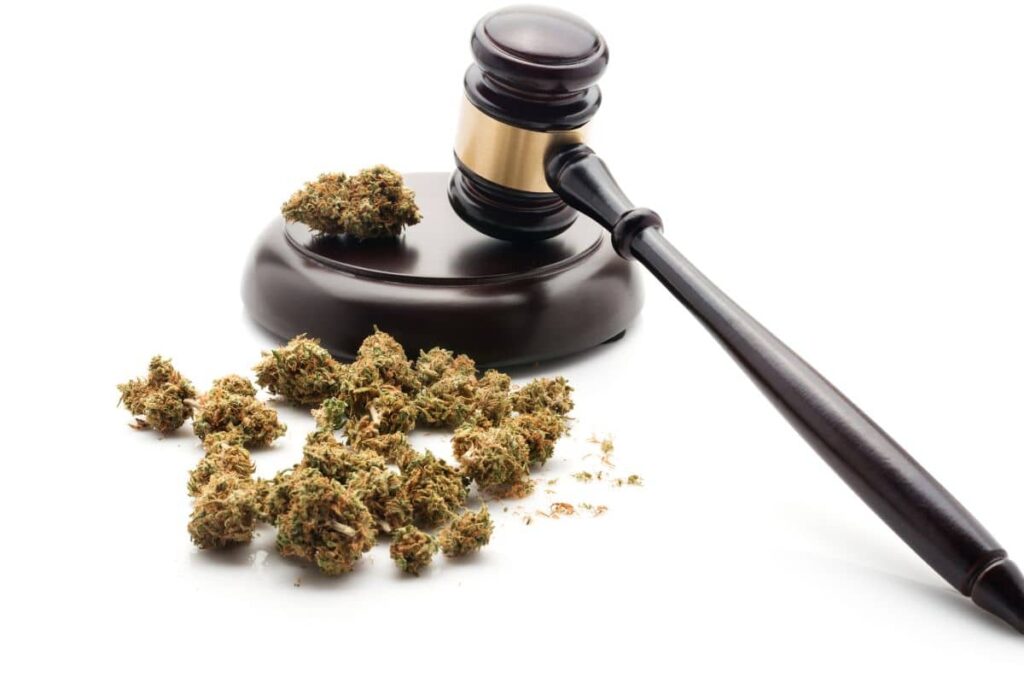
Louisiana’s Cannabis and Hemp Regulations
In Louisiana, you need to be aware of the specific regulations governing cannabis, including laws pertaining to marijuana, CBD, and THCa, as well as the state’s approach to hemp-derived cannabinoids and the distinctions between medical and recreational use.
Current Laws on Marijuana, CBD, and THCa
Marijuana remains illegal for recreational use in Louisiana. If you possess marijuana, it can result in legal penalties unless you’re a registered medical marijuana patient. CBD products, however, are legal provided they contain less than 0.3% Delta-9 THC. As for THCa, which is a non-psychoactive precursor to THC found in raw cannabis plants, its legal status aligns with THC. Under Louisiana law, THCa is treated the same as Delta-9 THC, so it falls under the same regulatory restrictions.
Legality of Hemp-Derived Cannabinoids in Louisiana
Hemp cultivation became federally legal through the 2018 Farm Bill, and Louisiana has aligned with federal law, allowing the cultivation of hemp that contains less than 0.3% Delta-9 THC on a dry weight basis. This means hemp-derived cannabinoids, such as CBD, are legal in the state. However, according to a study examining hemp cultivation practices and cannabinoid analysis in South Louisiana, despite the federal allowance, the state initially did not permit hemp cultivation but has since established regulations for its production.
Louisiana’s Position on Medical Marijuana and Recreational Use
Louisiana has an established medical marijuana program, allowing patients with qualifying conditions to access cannabis products for therapeutic uses. Products for medical use do include those with higher THC contents beyond the 0.3% legal threshold for CBD. Recreational marijuana use, however, is illegal. You cannot legally purchase or consume cannabis for recreational purposes in Louisiana. The state strictly governs the distribution and use of marijuana under its medical program, with detailed regulations ensuring compliance and enforcement.
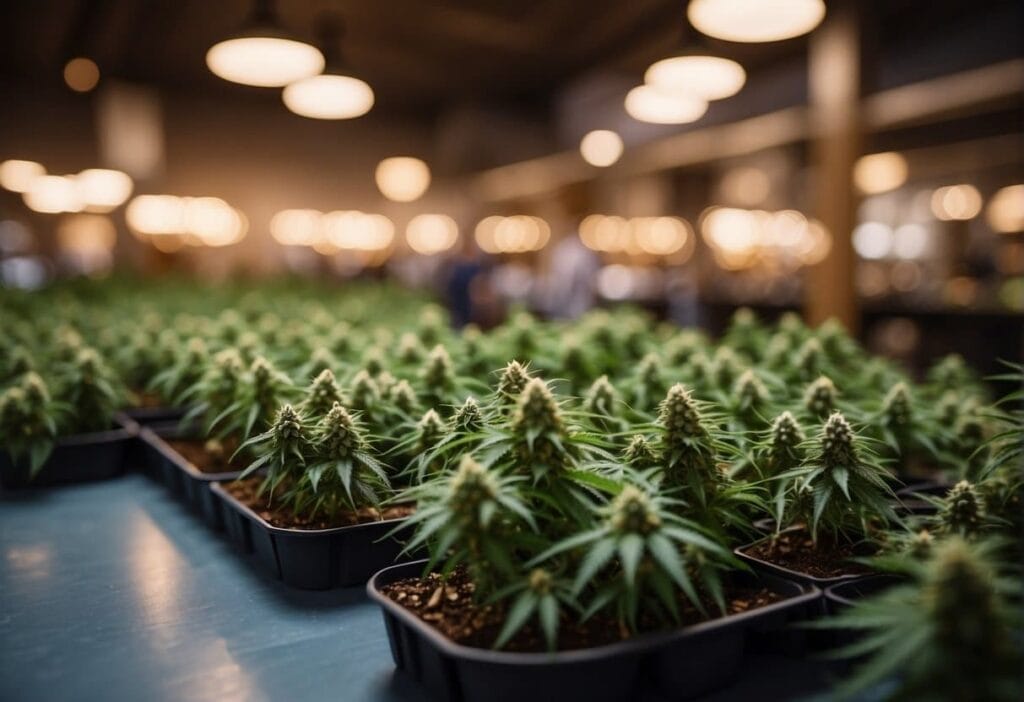
Possession, Sale, and Use of THCa in Louisiana
In Louisiana, the regulatory environment for THCa—a non-psychoactive cannabinoid acid found in cannabis—is nuanced and must be navigated with an understanding of both state and federal laws.
Legal Limitations and Fines for THCa Possession
Your possession of THCa in Louisiana is subject to state law which has been influenced by the passage of the 2014 Farm Bill. Although the bill indeed allowed for certain hemp cultivation practices, THCa’s legality is somewhat ambiguous, and possession could be problematic. If THCa is sourced from legal hemp containing less than 0.3% THC, it may not be considered a controlled substance. However, possession of THCa-rich cannabis could be treated like other cannabis derivatives outside the industrial hemp parameters, potentially leading to fines or legal consequences depending on the quantity and intent deduced by law enforcement.
Regulations Surrounding the Sale and Commercialization of THCa
If you’re involved in the sale or commercialization of THCa in Louisiana, you must adhere to both state cannabis laws and federal regulations. Since Louisiana began its hemp cultivation in 2020, the importance of compliance with these regulations has grown. Particularly, the Interim Final Rule specifies the need for testing THC levels, but it is silent on THCa, creating a legal grey area for the sale of products containing THCa. As a seller, you need to ensure that the overall THC content remains below 0.3% on a dry weight basis to remain compliant with the law.
Usage Scenarios and Legal Implications for Consumers
As a consumer in Louisiana, your use of THCa can have varying legal implications. Medicinal usage of cannabis derivatives, including THCa, falls under Louisiana’s medical marijuana laws, provided you have a qualifying condition and adhere to the program guidelines. Recreational use remains illegal under both state and federal law, and the presence of THCa in a product could be interpreted as intended for conversion to THC, potentially compounding legal risks. Remember, until laws become clearer, your use of THCa is best approached with caution and informed awareness of possible legal repercussions.
Comparative Analysis of State Legislation on THCa
When you examine the landscape of state laws concerning tetrahydrocannabinolic acid (THCa), a precursor to tetrahydrocannabinol (THC), there’s a mosaic of legislation reflecting varying degrees of legality. Within this section, you’ll understand how different states, including Louisiana, regulate THCa and related cannabinoids, focusing on select case studies and the tendencies in state policies.
Neighboring States’ Stance on THCa and Related Cannabinoids
- Arkansas: THCa is not separately classified from THC, thus falling under the same regulations as medical cannabis. Permitted for medical use, it remains illegal for recreational purposes.
- Kansas: THCa is implicitly illegal as the state has yet to differentiate it from THC, considering all forms of cannabis, including its derivatives, as controlled substances.
This juxtaposition outlines the divergent approaches to THCa regulation, with neighboring states exhibiting varying degrees of permissiveness.
Notable Case Studies: Oregon, Washington, and California
- Oregon: Acknowledges the difference between THCa and THC, allowing for the sale of THCa within its regulated cannabis market. Cannabis, including THCa, is legal for both recreational and medicinal purposes.
- Washington: Follows a similar path to Oregon, with legalized cannabis markets. However, all cannabinoid products, including THCa, must comply with state regulations.
- California: A forerunner in cannabis legislation, it has a well-established system governing the use of cannabis and its derivatives, including THCa, for both medicinal and adult recreational use.
With these three states, you observe a gradual shift in legislative frameworks, often setting benchmarks for others to follow.
Emerging Trends in THCa Legislation Across Diverse States
While states like Minnesota have begun to acknowledge the medical benefits of cannabis and its compounds, regulatory standards for THCa are still being developed. Meanwhile:
- Diverse states: There’s a trend towards considering the legal status of THCa within the context of comprehensive cannabis reforms.
- Legislation: Is increasingly sophisticated, often considering scientific evidence and potential medical benefits of cannabis derivatives.
Your understanding of THCa’s legality is intertwined with broader state regulations concerning cannabis and its consumption.
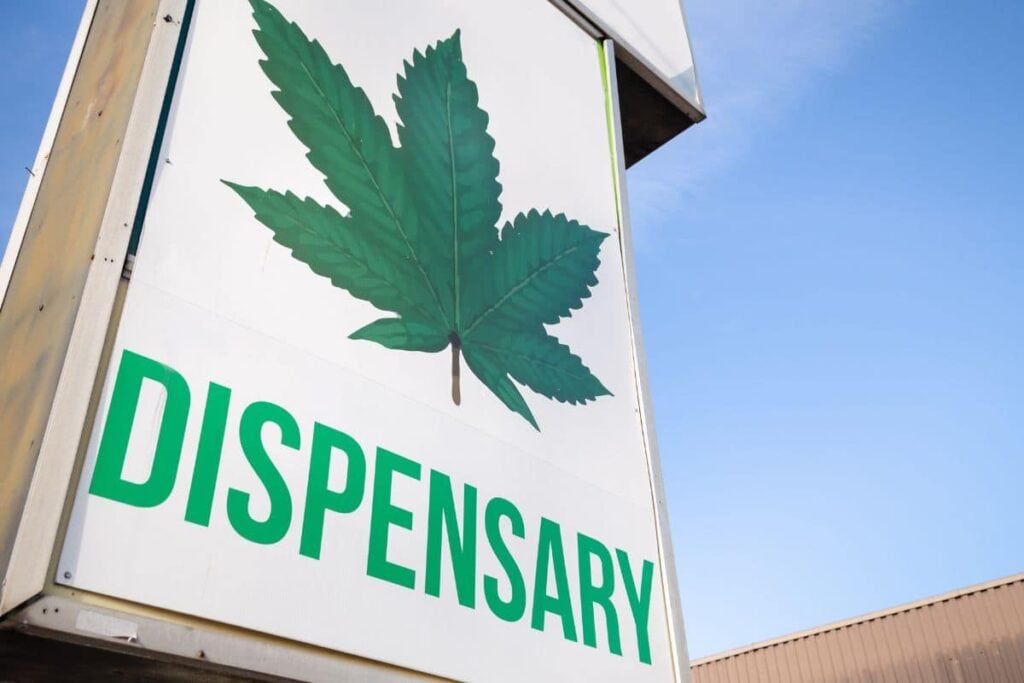
The Role of Dispensaries and Consumer Access to THCa
In Louisiana, dispensaries play a crucial role in facilitating access to THCacid (THCa) and hemp-derived products. Understanding their licensing, operations, and the education they provide can help you navigate the legal landscape of cannabis derivatives.
Licensing and Operations of Dispensaries in Louisiana
Dispensaries in Louisiana must adhere to strict regulations to legally distribute cannabis products, including THCa. The Louisiana Board of Pharmacy oversees dispensary licenses ensuring compliance with the state’s cannabis laws. To operate, dispensaries must obtain a Pharmacy Permit and can only be run by a licensed pharmacist. These regulations are designed to provide a safe and controlled environment for consumers to access cannabis and hemp-derived products.
Consumer Access to THCa and Hemp-Derived Products
As a Louisiana resident, your access to THCa is limited to the state’s regulated dispensaries. Hemp-derived products, such as CBD oils containing less than 0.3% THC, are more widely available, potentially even outside of dispensaries because of their legal status. However, for THCa, which is the non-psychoactive precursor to THC, you must visit a licensed dispensary, where you can purchase it for medical use, provided you have the necessary authorization from a physician.
Educating Consumers on Legal and Safe Use of Cannabis Derivatives
Educating consumers on the legal and safe use of cannabis derivatives is a key responsibility of dispensaries in Louisiana. They are tasked with providing accurate information on various cannabinoids, including their benefits and legal status. By engaging with these dispensaries, you can learn about THCa and how it differs from THC in terms of chemical structure and effects. Dispensaries also educate on the proper use of cannabis derivatives to ensure that you are consuming them safely and in accordance with state law.
Frequently Asked Questions
Understanding the legal landscape of THCa in Louisiana is essential if you’re looking to explore its use or partake in its sale. The state has specific regulations that govern cannabinoids.
What are the regulations surrounding THCa in Louisiana?
In Louisiana, THCa is not listed as a controlled substance separate from THC, which means that THCa, in its non-psychoactive form, falls under the same legal category as THC. If THCa is heated and converts to THC, it becomes a psychoactive and federally illegal substance.
Can THCa products be legally purchased in New Orleans?
Yes, THCa products can be legally purchased in New Orleans, provided they remain within the legal THC limit as per Louisiana law. It is important for consumers to ensure that the products are compliant with state regulations regarding cannabinoid content.
Does Louisiana allow the sale of THCa flower?
The sale of THCa flower in Louisiana is subject to state cannabis laws. Since THCa can convert to THC, the legality of THCa flower depends on its THC content post-decarboxylation and must conform to the state’s limit for legal sale.
Are THCa concentrates available for online purchase within legal parameters in Louisiana?
THCa concentrates are available for purchase; however, they must adhere to the same laws as other cannabis-derived products in Louisiana. Concentrates that possess a concentration of THC over the legal limit upon decarboxylation are not permitted.
How does Louisiana’s stance on THCa compare with its regulations on THCP?
Louisiana’s regulations on THCa are similar to those on other cannabinoids like THCP, in that all cannabinoids derived from marijuana are regulated under the state’s comprehensive cannabis laws. However, explicit state references to THCP regulations are less common.
In Louisiana, is there a distinction in legality between THCa and CBD?
Louisiana draws a legal distinction between THCa and CBD, particularly in that CBD is legal under federal and state law as long as it is derived from hemp and contains less than 0.3% THC by dry weight. THCa, on the other hand, is not separately regulated from THC and is subject to marijuana cannabis laws.

